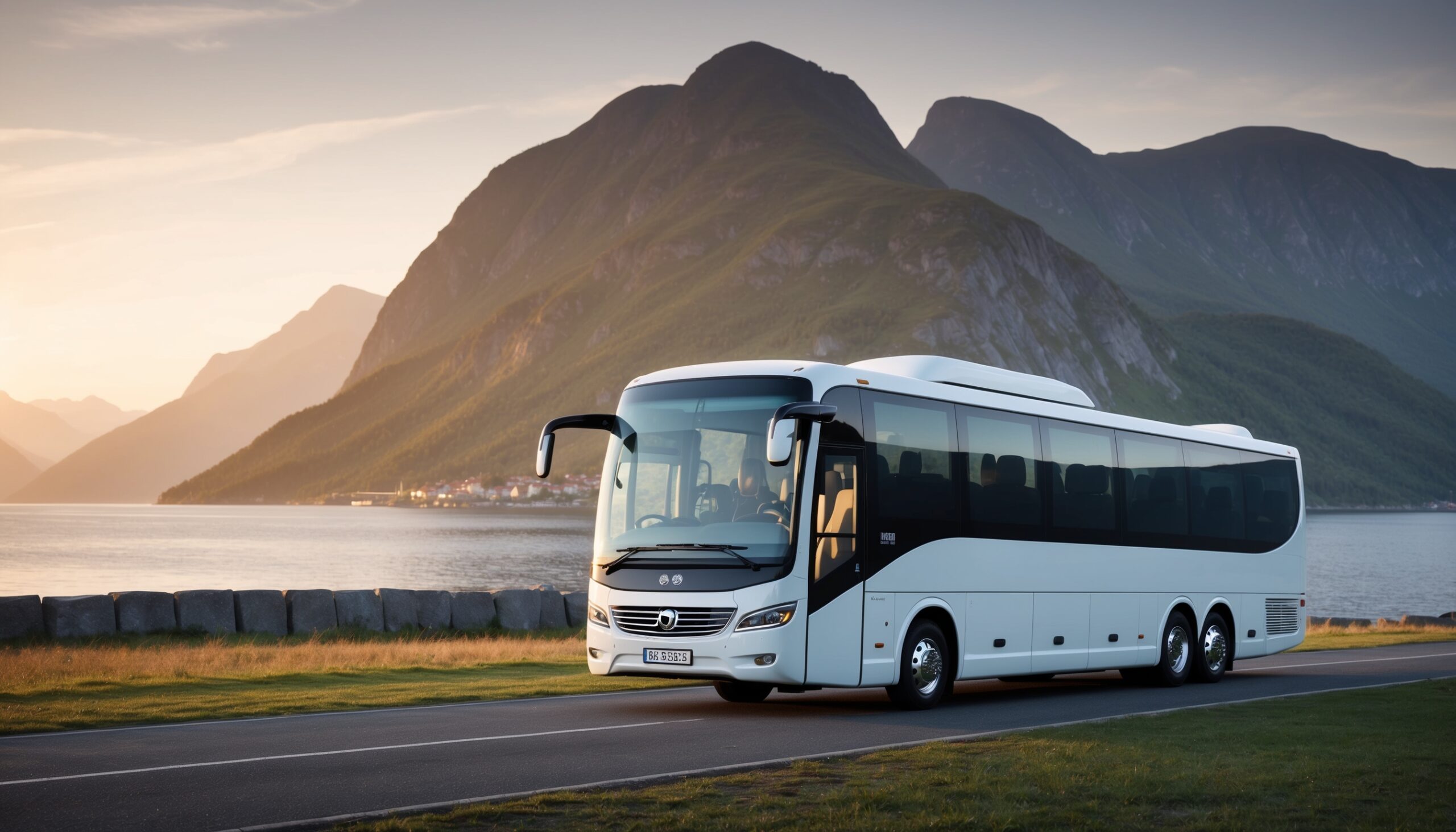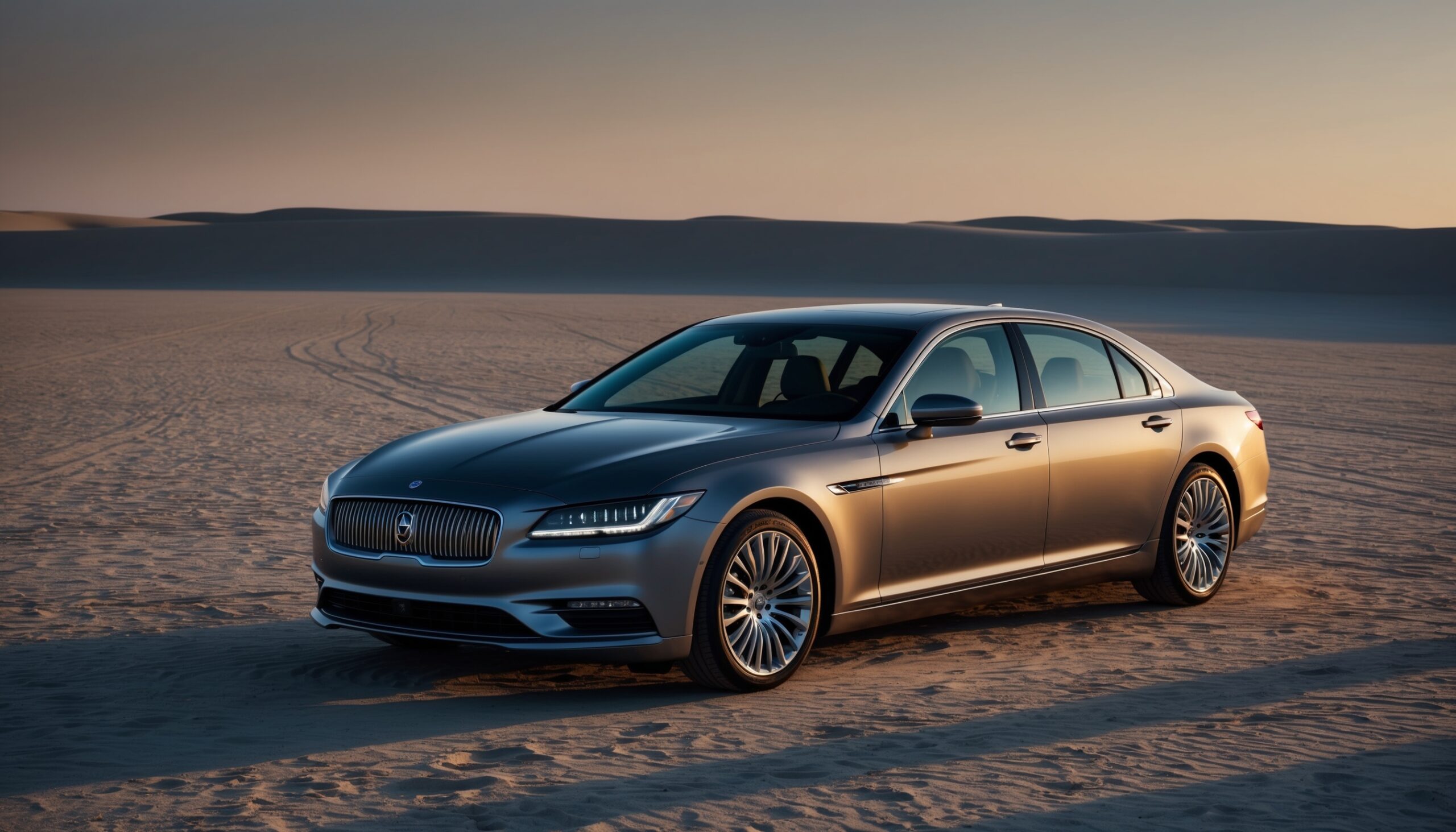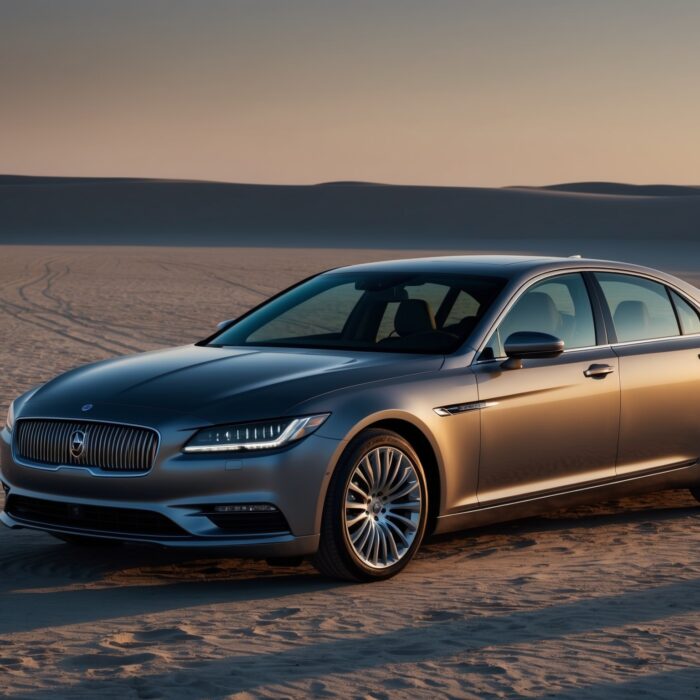Carlos Ghosn’s Legacy Is Dead As Nissan Sells Off HQ In Japan
The automotive world has always been a theater of change, and few stories have been as dramatic or as impactful as that of Carlos Ghosn. Once heralded as a visionary who transformed Nissan from the brink of bankruptcy into a global powerhouse, Ghosn’s saga has taken a turn that many could not have anticipated. With Nissan’s recent decision to sell its headquarters in Japan, it raises the question: what does this mean for Ghosn’s legacy and the future of the company?
The Rise of Carlos Ghosn
To understand the ramifications of Nissan’s recent moves, it’s essential to look back at the rise of Carlos Ghosn. In the late 1990s, Nissan was struggling. The company was overburdened with debt and facing stiff competition from automakers in both Japan and abroad. Enter Ghosn, a Brazilian-Lebanese executive with a bold vision and an even bolder approach.
Ghosn implemented drastic cost-cutting measures, famously known as the “Nissan Revival Plan.” His strategies included shutting down underperforming plants, negotiating hard with suppliers, and revamping the product lineup. The results were nothing short of miraculous. Under Ghosn’s leadership, Nissan not only returned to profitability but also regained its status as a global competitor.
Also Read: DHS Secretary Kristi Noem Tried To Buy 737s From Bankrupt Spirit Airlines That It Didn't Own And Also Didn't Have Engines
The Alliance with Renault
One of Ghosn’s most significant achievements was the formation of the Renault-Nissan Alliance. This partnership allowed both companies to share resources, technology, and platforms, enabling them to innovate and compete more effectively in the rapidly changing automotive landscape. The alliance was a game-changer, paving the way for electric vehicles, autonomous driving technologies, and more.
Ghosn’s visionary leadership earned him a place as one of the most influential figures in the automotive industry. However, as history shows, the higher you rise, the harder you fall.
The Fall from Grace
The downfall of Carlos Ghosn is a story fraught with intrigue, scandal, and controversy. In late 2018, Ghosn was arrested in Japan on charges of financial misconduct, including underreporting his income and misusing company assets. The shocking arrest led to a media frenzy, painting Ghosn as a villain in a tale of corporate greed.
Despite his claims of innocence and a conspiracy against him, Ghosn’s reputation was irrevocably tarnished. His escape from Japan in late 2019, hidden in a musical instrument case, added another layer of drama to his story, captivating the world and making headlines for months.
Nissan’s Recent Decisions
Fast forward to 2023, and Nissan is making headlines again, but this time for a different reason. The company recently announced the sale of its headquarters in Yokohama, Japan, a bold move that signifies a drastic shift in strategy. This decision has raised eyebrows among automotive enthusiasts and industry experts alike.

What Does the Sale Mean?
Nissan’s decision to sell its headquarters is more than just a real estate transaction; it’s a symbol of a company in transition. The sale signals a shift in focus from traditional automotive manufacturing to a more agile, flexible approach to business. With the automotive industry facing unprecedented challenges, including the rise of electric vehicles and increased competition from tech companies, Nissan is recalibrating.
- Financial Restructuring: Selling off high-value assets like the HQ can provide Nissan with much-needed capital to invest in new technologies and innovations.
- Changing Business Model: With the automotive landscape evolving, Nissan may be adapting to a future that prioritizes software and services over traditional vehicle manufacturing.
- Global Strategy: The sale could indicate a desire to decentralize operations and focus on global markets rather than being tethered to a single location.
The Impact on Ghosn’s Legacy
As Nissan moves forward, one has to wonder what remains of Carlos Ghosn’s legacy. Was he a pioneer who saved a company from ruin, or has his fall from grace tainted his achievements? The sale of the headquarters may signal a break from Ghosn’s era, as Nissan seeks to redefine its identity in a rapidly changing world.
Many enthusiasts still admire Ghosn’s audacity and vision, but the circumstances surrounding his downfall and the subsequent actions of Nissan have complicated his legacy. The question now is whether Nissan can chart a new path while acknowledging its tumultuous past.
What Lies Ahead for Nissan?
With the sale of its headquarters, Nissan is poised to embark on a new chapter. The automotive landscape is shifting towards electrification, connectivity, and autonomous driving. Companies like Tesla have set the bar high, forcing traditional automakers to adapt or risk obsolescence.
Nissan has already taken steps towards electrification with the Nissan Leaf and its plans for future electric models. However, the challenge will be to maintain momentum while also re-establishing trust and credibility in a post-Ghosn era.
The Voice of Enthusiasts
For car enthusiasts, Nissan has always held a special place in their hearts. From the iconic Skyline GT-R to the rugged Nissan Patrol, the brand has produced vehicles that resonate with driving passion. As Nissan navigates through these changes, it’s crucial for the company to remember its roots and the loyal fanbase that supported it through thick and thin.
Also Read: DHS Secretary Kristi Noem Tried To Buy 737s From Bankrupt Spirit Airlines That It Didn't Own And Also Didn't Have Engines
Many enthusiasts are curious about what Nissan’s future lineup will look like. Will it continue to produce performance-oriented models, or will it shift entirely towards electric vehicles? The balance between innovation and tradition will be vital in shaping how the brand is perceived moving forward.
Nissan’s Commitment to Sustainability
In recent years, Nissan has made significant commitments to sustainability. The automotive industry faces increasing pressure to reduce its carbon footprint, and Nissan is no exception. The sale of the HQ could provide the necessary funds to invest in greener technologies and sustainable practices.
As the world moves toward cleaner energy, Nissan’s ability to adapt will be crucial. This transition will not only affect the company’s bottom line but also its reputation in the eyes of customers and enthusiasts alike.
Final Thoughts
The sale of Nissan’s headquarters is a pivotal moment in the company’s history, symbolizing both a break from the past and a leap into the future. While Carlos Ghosn’s legacy may be marred by controversy, the impact of his leadership cannot be understated. As Nissan moves forward, it must find a way to honor its past while embracing the challenges and opportunities that lie ahead.
At Torque Feed, we’ll continue to keep an eye on Nissan’s evolution and the impact it has on car enthusiasts around the world. Whether it’s through innovation, performance, or sustainability, one thing is clear: the road ahead will be anything but dull.












